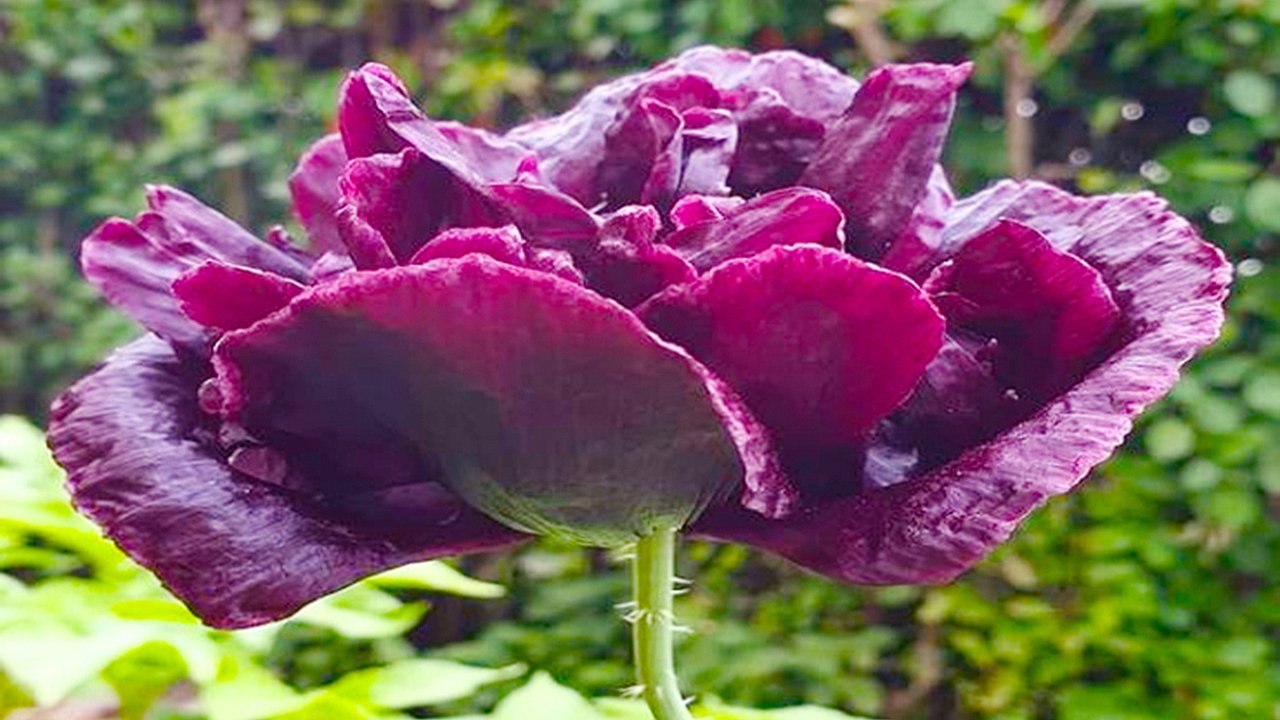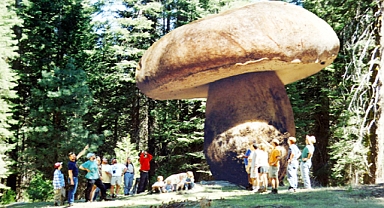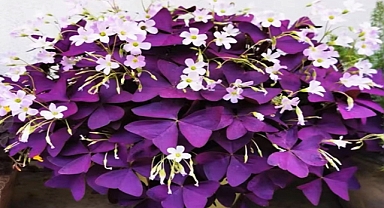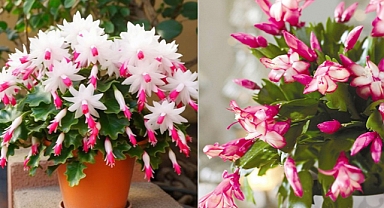How to Successfully Grow Black Peony Poppies
1. Selecting the Right Location
Black Peony Poppies (Papaver paeoniflorum) flourish in full sun with well-draining soil. Choose a spot that receives at least six hours of direct sunlight daily. Avoid overly rich or moist soil, as this can hinder germination and lead to root rot.2. Planting the Seeds
For best results, sow poppy seeds directly into the soil in early spring or late fall. These seeds require light to germinate, so scatter them on the surface and lightly press them into the soil without covering them. Keep the soil slightly moist but not soggy.3. Watering and Care
Once established, Black Peony Poppies are relatively drought-tolerant. Water moderately, allowing the soil to dry out between watering sessions. Overwatering can cause fungal diseases and weak stems. Mulching around the plants can help retain moisture and suppress weeds.4. Fertilization and Soil Enrichment
These poppies thrive in nutrient-rich, well-draining soil. If your soil is poor, amend it with compost or a light application of balanced fertilizer. Avoid excessive nitrogen, as it promotes foliage growth over flower production.5. Supporting Growth and Blooming
As the plants grow, they may require staking to prevent drooping, especially in windy areas. Deadhead spent blooms to encourage prolonged flowering and prevent self-seeding unless you want them to naturalize in your garden.6. Pest and Disease Prevention
Black Peony Poppies are generally resistant to pests, but aphids and slugs can occasionally be an issue. Use organic solutions like neem oil or diatomaceous earth to deter unwanted insects. Proper spacing and airflow help prevent fungal diseases.7. Collecting Seeds for Future Blooms
Once the flowers fade, allow the seed pods to dry on the plant. Harvest the pods when they turn brown, and store seeds in a cool, dry place for future planting. Black Peony Poppies readily self-seed, so leaving some pods in place can lead to natural regrowth.With their dramatic, peony-like blooms, Black Peony Poppies bring a unique charm to any garden. By providing optimal growing conditions and care, you can enjoy their enchanting beauty year after year.
1. Selecting the Right Location
Black Peony Poppies (Papaver paeoniflorum) flourish in full sun with well-draining soil. Choose a spot that receives at least six hours of direct sunlight daily. Avoid overly rich or moist soil, as this can hinder germination and lead to root rot.2. Planting the Seeds
For best results, sow poppy seeds directly into the soil in early spring or late fall. These seeds require light to germinate, so scatter them on the surface and lightly press them into the soil without covering them. Keep the soil slightly moist but not soggy.3. Watering and Care
Once established, Black Peony Poppies are relatively drought-tolerant. Water moderately, allowing the soil to dry out between watering sessions. Overwatering can cause fungal diseases and weak stems. Mulching around the plants can help retain moisture and suppress weeds.4. Fertilization and Soil Enrichment
These poppies thrive in nutrient-rich, well-draining soil. If your soil is poor, amend it with compost or a light application of balanced fertilizer. Avoid excessive nitrogen, as it promotes foliage growth over flower production.5. Supporting Growth and Blooming
As the plants grow, they may require staking to prevent drooping, especially in windy areas. Deadhead spent blooms to encourage prolonged flowering and prevent self-seeding unless you want them to naturalize in your garden.6. Pest and Disease Prevention
Black Peony Poppies are generally resistant to pests, but aphids and slugs can occasionally be an issue. Use organic solutions like neem oil or diatomaceous earth to deter unwanted insects. Proper spacing and airflow help prevent fungal diseases.7. Collecting Seeds for Future Blooms
Once the flowers fade, allow the seed pods to dry on the plant. Harvest the pods when they turn brown, and store seeds in a cool, dry place for future planting. Black Peony Poppies readily self-seed, so leaving some pods in place can lead to natural regrowth.With their dramatic, peony-like blooms, Black Peony Poppies bring a unique charm to any garden. By providing optimal growing conditions and care, you can enjoy their enchanting beauty year after year.









